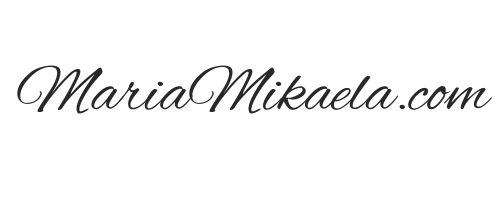Essential Airline Medication Rules for Travelers
Are you travelling on holiday and think how to pack your medicine? In this post is my research as well as my own experience of passing the security with my asthma pumper and injectible medications.
Travelling with Inhalers
I have travelled with an inhaler for years in hand luggage with Swiss, British, and Easyjet without any issues. I do take it out and put it in the plastic bag separately at the check.
There is no need for a letter from a medical practitioner, however, it is important that the inhaler is clearly labelled.
Epi-pens, pregnancy medication, sharp medications
If you are travelling with the above, you will need to bring a letter from a health practitioner or it should have clear pharmacy labelling. Another letter that could work is a prescription from the NSH app, but I would contact the airline before a trip to confirm.
British Airways stated on its website that if possible bring in the original packaging.
I have travelled with injections and spare needles in the box in hand luggage and had no issues at all with a prescription from a doctor, original packaging with a pharmacy label on it.
Liquid items over 100 ml
Any liquid medication over 100 ml also required a letter from the practitioner as stated on the Easyjet website.
Ryanair also confirms that bringing medicals is free of charge, any special medical item, you could confirm with the airline before travel.
Controlled medication
Easyjet has information on controlled medication, like Diazepam, Lorazepam, Codeine or Tramadol and recommends checking entry requirements with the embassy.
My advice is to use carry-ons, but I heard that many travelled with medication on hold without any issues. Alternatively, you could split to ensure if something goes missing, you still have some med.
Below are direct links related to medication while travelling:
Share this post
